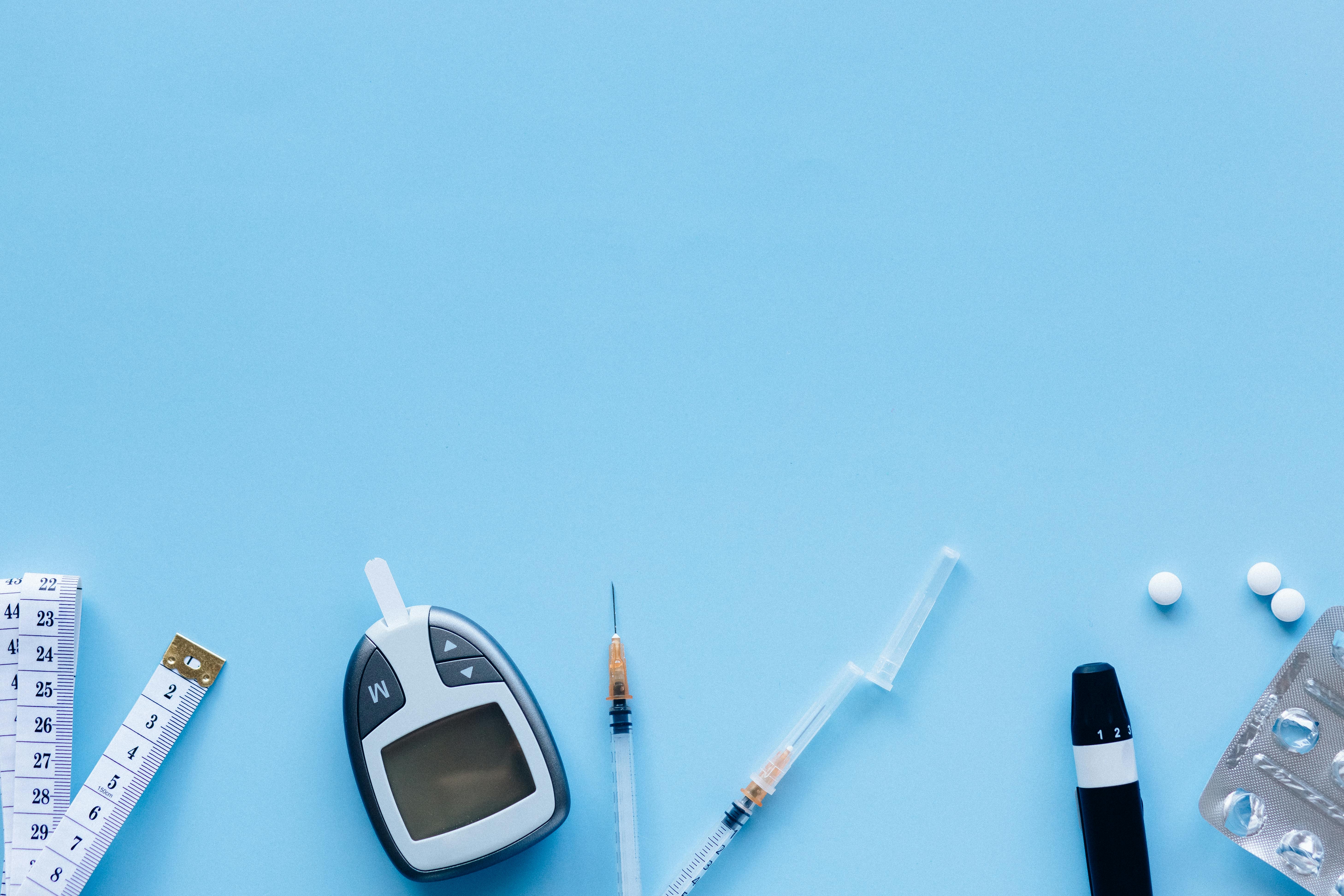
For many people living with diabetes, test strips are an essential part of daily life. These small items help monitor blood sugar levels, allowing individuals to manage their condition effectively. However, it is common for people to end up with extra boxes of unused test strips due to changes in prescription, brand preferences, or improvements in their condition. Instead of letting these supplies expire or go to waste, many have discovered that selling unused test strips can provide a legitimate way to make some extra income.
The Growing Market For Unused Test Strips
There is an increasing demand for diabetic supplies across the country, and not everyone has access to affordable products through insurance. Many individuals without insurance or with high deductibles struggle to pay full retail prices for test strips. As a result, there is now a flourishing secondary market where vendors can make money while assisting others in obtaining essential commodities at reduced prices. By selling unopened, unexpired test strips, people can turn what was once excess medical inventory into a source of income. Many people are discovering that programs offering More Cash For Test Strips provide an easy way to turn unused diabetic supplies into extra income while helping others afford essential health products.

Why People Have Extra Test Strips?
There are several reasons people end up with surplus test strips. Sometimes, a doctor changes a patient’s glucose meter brand, making their existing test strips incompatible. In other cases, individuals receive automatic refills that accumulate faster than they can use them. Some people may have lost a loved one who had diabetes and are left with unopened boxes of supplies. All these situations create opportunities for resale rather than disposal. Selling unused test strips not only prevents waste but also makes financial sense.
How Selling Test Strips Works?
The process of selling test strips is straightforward. Sellers usually look for reputable buyers or companies that specialize in purchasing unused diabetic supplies. Most of these buyers have websites or local offices where individuals can send or drop off their test strips. The boxes must be sealed, unexpired, and in good condition to qualify for payment. Once the supplies are verified, sellers receive cash either through direct deposit, PayPal, or a mailed check.
Some people choose to sell locally by connecting with buyers through online marketplaces or community listings. However, the safest and most reliable method is to work with established companies that follow proper resale guidelines. These businesses ensure that all transactions are handled professionally and that products are distributed responsibly.
Legal And Ethical Considerations
Selling unused test strips is legal in most areas as long as the supplies are obtained legitimately and are not labeled “Medicare” or “Medicaid.” Supplies distributed through government programs cannot be resold under federal law. To stay out of trouble with the law, it is crucial for sellers to be sure they are abiding by the guidelines. Ethical reselling practices also mean being transparent about the condition and expiration dates of the strips.
While the market is legitimate, sellers should avoid unverified buyers who operate outside recognized platforms. It is always best to research companies, read reviews, and check for proper contact information before proceeding with a sale.
The Financial Benefits Of Selling Test Strips
Selling extra test strips is a straightforward and efficient way for many people to make extra money. Depending on the brand, box size, and expiration date, payments can range from a few dollars to over fifty dollars per box. Brands like Accu-Chek, OneTouch, and Freestyle are often in high demand, offering better payouts.
This added income can be particularly helpful for students, retirees, or anyone looking for a quick financial boost without much effort. It requires minimal time and no special skills, making it one of the easiest ways to earn extra money while also contributing to a useful cause.
Environmental And Social Impact
Aside from the financial advantages, selling unused test strips contributes to reducing medical waste. Test strips that are thrown away often end up in landfills, creating unnecessary waste. By reselling them, individuals extend the product’s life cycle and help others access affordable healthcare supplies. It creates a small but meaningful impact on both the environment and the community.
A Growing Side Hustle Trend
With the increasing popularity of side hustles, selling unused diabetic supplies has become another creative way to earn money from home. People are becoming more resourceful and aware of how their unused items can hold value. The convenience of online selling platforms has made the process simple, secure, and profitable.
As long as sellers are careful about legality and authenticity, this side hustle can be both rewarding and responsible. It provides a steady flow of extra income while helping those who need these essential medical tools but cannot afford retail prices.

Conclusion
Both buyers and sellers are finding that selling unused test strips is a sensible solution. It helps people recover value from extra supplies, reduces waste, and ensures that essential medical items reach those who need them most. Whether it is done occasionally or as a small ongoing source of income, this simple practice reflects how everyday items can hold unexpected financial potential. By turning unused test strips into cash, individuals not only support themselves but also contribute to a more sustainable and compassionate community.









